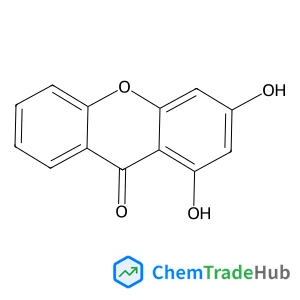Simulation of atmospheric transport and droplet–thin film collisions in desorption electrospray ionization
文献信息
Anthony B. Costa, R. Graham Cooks
Computational fluid dynamics is used to model atmospheric transport and droplet–thin film (surface) collisions in desorption electrospray ionization; experimentally obtained droplet properties are replicated in the simulations while a “droplet pick-up” mechanism of analyte transport is confirmed.
相关文献
IF 6.367
Carbon-based photocatalysts for enhanced photocatalytic reduction of CO2 to solar fuelsIF 6.367
Front coverIF 6.843
Visible light-driven cross-coupling reactions of alkyl halides with phenylacetylene derivatives for C(sp3)–C(sp) bond formation catalyzed by a B12 complexIF 6.222
Contents listIF 6.222
Outstanding Reviewers for ChemComm in 2020IF 6.222
Selective production of monocyclic aromatic hydrocarbons from ex situ catalytic fast pyrolysis of pine over the HZSM-5 catalyst with calcium formate as a hydrogen sourceIF 6.367
Tessellation strategy for the interfacial synthesis of an anthracene-based 2D polymer via [4+4]-photocycloadditionIF 6.222
Life cycle assessment of plasma-assisted ethylene production from rich-in-methane gas streamsIF 6.367
In situ growth of all-inorganic perovskite nanocrystals on black phosphorus nanosheetsIF 6.222
来源期刊
Chemical Communications
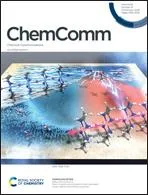
ChemComm publishes urgent research which is of outstanding significance and interest to experts in the field, while also appealing to the journal’s broad chemistry readership. Our communication format is ideally suited to short, urgent studies that are of such importance that they require accelerated publication. Our scope covers all topics in chemistry, and research at the interface of chemistry and other disciplines (such as materials science, nanoscience, physics, engineering and biology) where there is a significant novelty in the chemistry aspects. Major topic areas covered include: Analytical Chemistry Catalysis Chemical Biology and medicinal chemistry Computational Chemistry and Machine Learning Energy and sustainable chemistry Environmental Chemistry Green Chemistry Inorganic Chemistry Materials Chemistry Nanoscience Organic Chemistry Physical Chemistry Polymer Chemistry Supramolecular Chemistry
推荐供应商
 WS INSEBO GmbH
WS INSEBO GmbH GENSORIC GMBH
GENSORIC GMBH 湖南省岳阳市云溪区道仁矶溶剂化
湖南省岳阳市云溪区道仁矶溶剂化 乔克电子排水阀上海销售公司
乔克电子排水阀上海销售公司 青岛新永安化学品有限公司
青岛新永安化学品有限公司 北京沃比森科技有限公司
北京沃比森科技有限公司 湖南纳昇电子科技有限公司
湖南纳昇电子科技有限公司 扬州长华生物科技有限公司
扬州长华生物科技有限公司 天津市博创化工有限公司
天津市博创化工有限公司 Química Vita,美国de C.V.公司。
Química Vita,美国de C.V.公司。










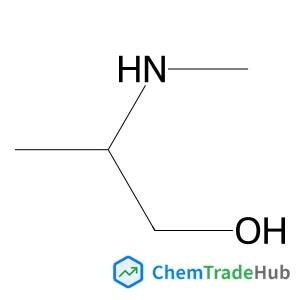
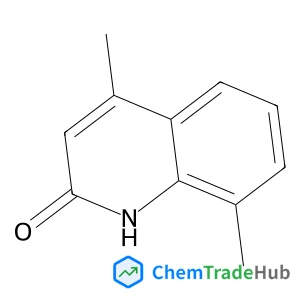
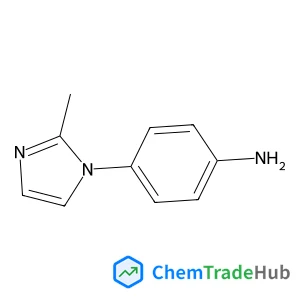
![224-53-3 - 二苯并[C,H]吖啶 224-53-3 - 二苯并[C,H]吖啶](/structs/224/224-53-3-97c9.webp)
